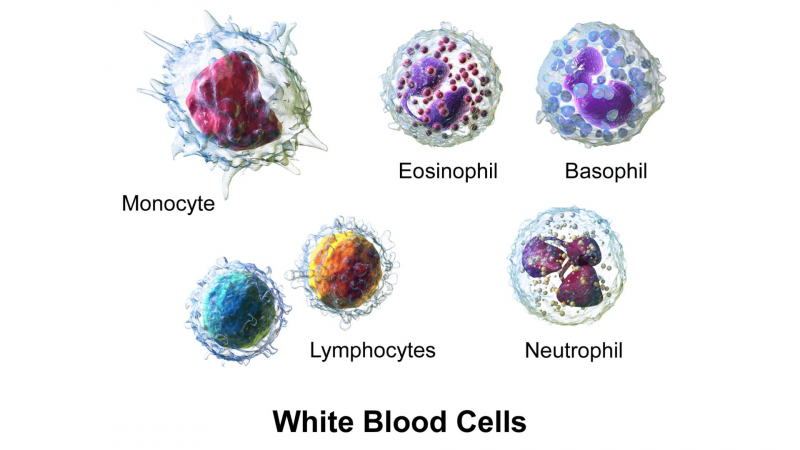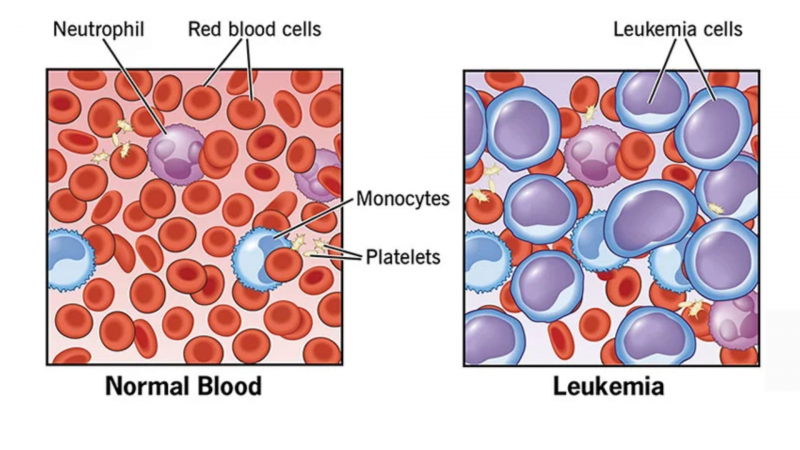Precautions

If you will be taking this medication for an extended period of time, it is critical that your doctor monitor your or your child's progress on a regular basis. This will allow your doctor to determine whether or not the medication is working properly and whether or not you should continue to take it. To rule out any negative effects, blood and urine tests may be required.
Before using this medication, you or your child must have a tuberculosis skin test. Inform your doctor if you or anyone in your household has ever had a positive tuberculosis skin test reaction.
Adalimumab can temporarily reduce the number of white blood cells in your blood, increasing your risk of infection. It can also reduce the number of platelets, which are required for blood clotting. If this happens, there are some precautions you can take to reduce the risk of infection or bleeding, especially if your blood count is low:
- Avoid infected people if possible. If you or your child suspects an infection or if you experience fever or chills, cough or hoarseness, lower back or side pain, or painful or difficult urination, consult your doctor right away.
If you or your child notice any unusual bleeding or bruising, black, tarry stools, blood in the urine or stools, or pinpoint red spots on your skin, contact your doctor right away.
When using a regular toothbrush, dental floss, or toothpick, use caution. Other methods of cleaning your teeth and gums may be suggested by your doctor, dentist, or nurse. Before having any dental work done, consult with your doctor. - Touch your eyes or the inside of your nose only after you've washed your hands and haven't touched anything else in the meantime.
When using sharp objects such as a safety razor or fingernail or toenail cutters, take care not to cut yourself.
Avoid contact sports and other situations that could result in bruising or injury.
Other medications should not be taken unless they have been discussed with your doctor. Combining this medication with abatacept (Orencia®) or anakinra (Kineret®) may increase your risk of serious side effects.
This medication may cause other side effects that do not appear for months or years after it is taken. A small number of people (including children and teenagers) who used this type of medicine developed cancer (eg, leukemia). Some patients also developed lymphoma, a rare type of cancer. If you or your child experience unusual bleeding, bruising, or weakness, swollen lymph nodes in the neck, underarms, groin, or unexplained weight loss, consult your doctor. Also, if your or your child's skin has red, scaly patches or raised bumps filled with pus, consult your doctor right away.
Adalimumab can cause severe allergic reactions (such as anaphylaxis and angioneurotic edema), which can be fatal and necessitate immediate medical attention. If you or your child develops a cough, difficulty swallowing, dizziness, fast heartbeat, large, hive-like swelling on the face, eyelids, lips, tongue, throat, hands, legs, feet, sex organs, rash, itching, trouble breathing, or unusual tiredness or weakness after receiving the medication, contact your doctor right away.
If you or your child has sudden weight gain or swelling of the face, fingers, feet, or lower legs, consult your doctor right away. These could be symptoms of a heart condition known as congestive heart failure (CHF).
Some people who took this medication experienced lupus-like symptoms during treatment and recovered once the medication was stopped. Consult your doctor right away if you or your child develops chest pains, joint pain, or a sun-sensitive rash on the cheeks or arms.
While you or your child is receiving adalimumab treatment, do not receive any live vaccines (immunizations). Before using adalimumab, your child's vaccines must be up to date. If you have any concerns, consult with your child's doctor.
Some prefilled syringes and pens have dry natural rubber (a latex derivative) in the needle cap, which can make some people allergic to latex. Before taking this medication, let your doctor know if you or your child have a latex allergy.
When taking this medication, serious skin reactions can happen. If you or your child experiences blistering, peeling, or loosening of the skin, red skin lesions, severe acne or skin rash, sores or ulcers on the skin, fever, or chills while taking this medication, consult your doctor right away.
What Are Reasons I Shouldn't Take Humira?
In most circumstances, using Humira is safe. There are some circumstances, though, in which your doctor might not recommend Humira for you.
Heart failure is one condition that Humira can make worse. As a result, you might not be able to use this medication if you have heart failure. Additionally, it can raise your risk of contracting serious infections like TB, which can be fatal or require hospitalization.
Humira should also be avoided if you have:
- Liver problems
- An allergy or hypersensitivity to it
Humira is not prescribed to children under the age of 4 or weighing less than 11 pounds as a precaution. This group lacks sufficient data.










